Thirty-two suspects were captured on Tuesday in an investigation into infiltration by the terrorist group Revolutionary People’s Liberation Party-Front (DHKP-C) in several municipalities in Istanbul.
Investigators say the group took over a textile company and through it, participated in tenders by municipalities that awarded the company through irregular practices, essentially funding the terrorists.
The captured suspects include former employees of the municipalities of Ataşehir, Maltepe, Sarıyer and Şişli. All worked there between 2014 and 2016, the period the investigators focused on.
Authorities say some suspects were part of the “financing committee” of the DHKP-C. Doğan K. and Yunus B., two of the suspects, were identified as part of the committee that sought financing from municipalities.
Investigators also say that the suspects were involved in an illegal labor movement linked to the DHKP-C, which took over a textile company after the latter had a mass layoff and failed to pay wages. The company, now controlled by the DHKP-C, secretly participated in public tenders at Sarıyer and Şişli municipalities between 2014 and 2015. A probe into the tenders discovered irregularities and the company won tenders thanks to these irregularities, profiting from overpriced sales of goods to municipalities. Police said six other suspects were implicated in the investigation and two were incarcerated earlier for other offenses while others were abroad.
The suspects were caught in operations conducted in 31 locations, including in Istanbul, the northwestern city of Bursa and the northern city of Samsun.
The former mayor of Maltepe, Ali Kılıç, was summoned to testify as part of the investigations where they were identified as victims of crimes by the DHKP-C, while former Şişli Mayor Hasan Hayri Inönü and former Deputy Mayor Abdurrahman Emir Sarıgül were summoned to testify as eyewitnesses in the case.
All municipalities in the case were run by mayors from the main opposition Republican People’s Party (CHP). Critics have accused the party of having close links to the terrorist group.
The DHKP-C is an offshoot of a Marxist-Leninist movement that was established in the 1970s. It was founded in the 1990s after it splintered from a larger group of far-left organizations responsible for a string of attacks that include the assassination of two politicians in 1980 and several intelligence officials.
It kept a relatively low profile for many years. Additionally, its attacks were relatively minor compared to the PKK, another terrorist group active in Türkiye. In 2013, a DHKP-C militant carried out a suicide bombing at the U.S. Embassy compound in the capital, killing a Turkish security guard. In 2015, DHKP-C members held a prosecutor hostage before killing him at an Istanbul courthouse. They tried a similar attack at the same courthouse last year before police officers outside thwarted the attack, killing two assailants.
The DHKP-C also claimed responsibility for non-lethal rocket attacks targeting the Justice and Development Party (AK Party) headquarters, the Turkish National Police headquarters and a Justice Ministry building in Ankara in 2013.
The group, designated as a terrorist organization by Türkiye, the U.S. and the EU, advocates a far-left ideology. Moreover, its members do not have a homogenous ethnic background like the PKK, which mainly draws support from Kurds. The DHKP-C’s power significantly declined after Dursun Karataş, one of its founding leaders, died in 2008.
Apart from outright terrorist attacks, the group also looked to make a name for itself by exploiting protests such as the Gezi Park incidents of 2013 that escalated into violent riots. It was common to see shotgun and pistol-wielding members of the DHKP-C roaming the streets, especially in working-class neighborhoods where it recruits supporters, during the protests and subsequent rallies to mark the anniversary of the riots.

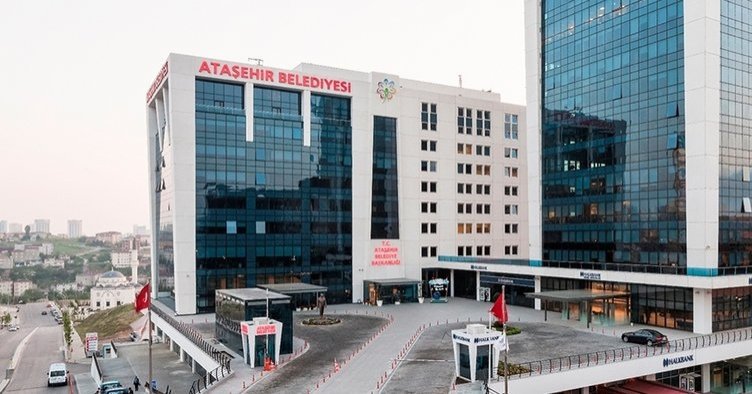


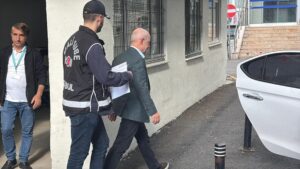

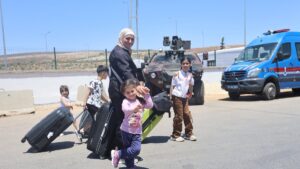
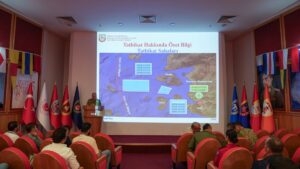
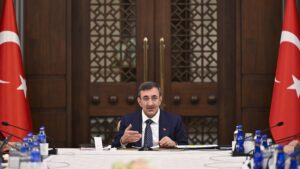


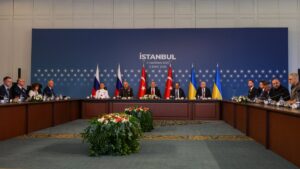
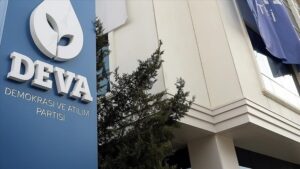
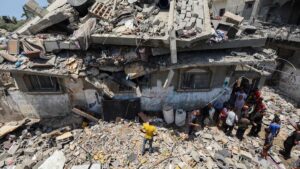
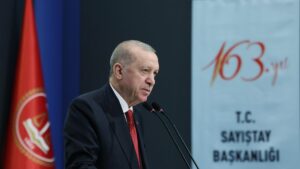

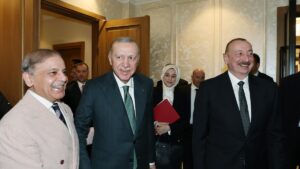



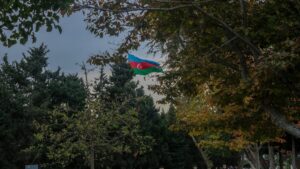
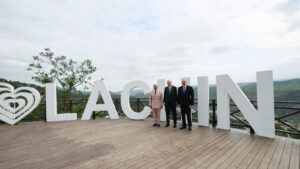
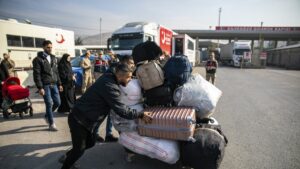


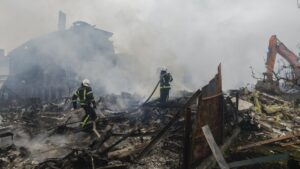



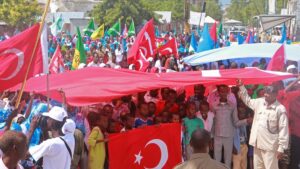

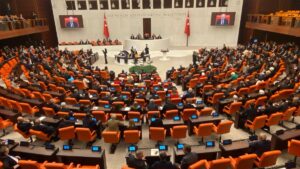
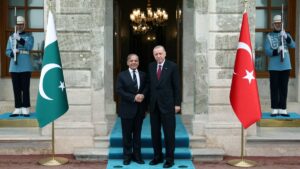

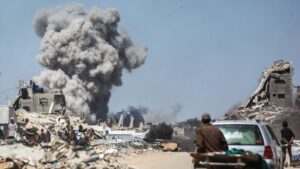



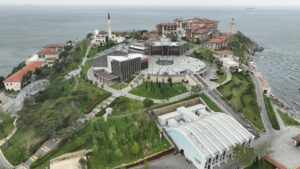




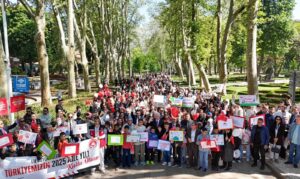
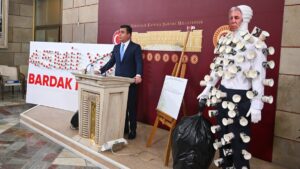



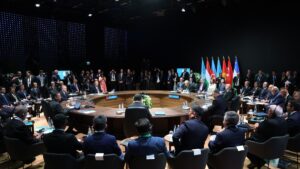
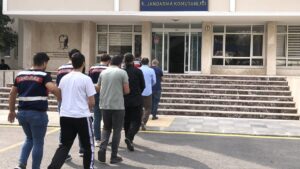

Be First to Comment